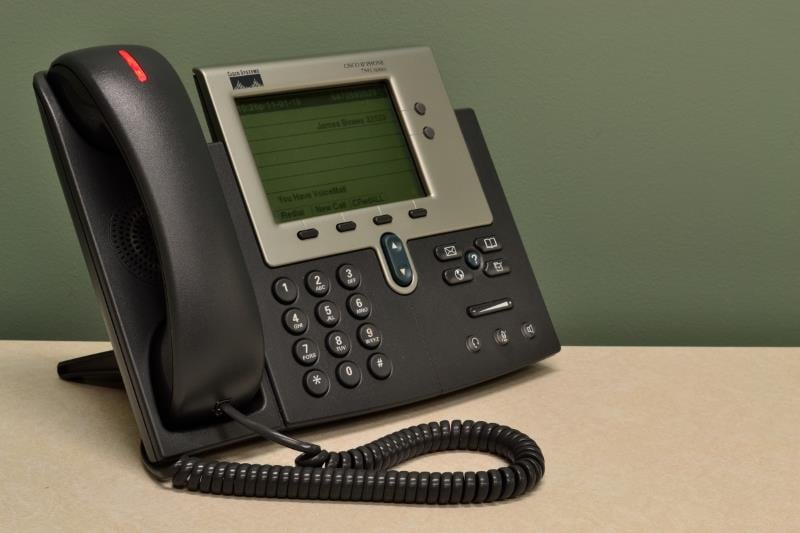
Such a seemingly simple and obvious thing as a company’s phone service is often taken for granted because they are everywhere. Every company has one. It’s only when you go searching for a system for your new start up that you realise the multitude of options and variations that are out there.
Knowing What Functionality Your Business Needs
Ever before you assess the options for a telephony system platform, you should have a good idea of what basic business features you need. You could categorise these into Must-Haves and Could-Haves for example, so that you are armed with a simple filter that will exclude unsuitable options. Here are some features that are commonly considered to be required by businesses, just as a short list of examples:
- Direct dial
- Voice mail
- Conference calls
- Auto attendant
- Call recording
- Call logging
Comparing BT With Independents
Many people will naturally begin their search for a phone system with BT and there is nothing wrong with that. You should be aware, however, that there are also many independent suppliers, of which GPS Telecoms is one. Companies like ours know the market and the main service suppliers inside and out. We pick and choose, mix and match from global offerings to suit the requirements of each individual company. We also offer impartial advice based on experience about things to avoid if possible, and why. Having us on your side is like engaging an expert to look out for your interests.
The Different System Types
All the service offerings basically belong to one of six different types. That is the three core technologies, each one having on-premise options (physical) and cloud hosted options (virtual):
- Key System Unit (KSU)
- Private Branch Exchange (PBX)
- Voice over Internet Protocol (VoIP)
Cloud hosted options offer many apparent attractions such as
- No capital outlay on equipment
- Somebody else does all the essential repairs and maintenance
- All you need is a good Internet connection and handsets
- Contracts are often very short
- Services are instantly scalable and configurable
These factors make them worthy of consideration for start-ups.
The Key System Unit (KSU)
Often considered by small companies with less than 40 users, these systems have a separate control unit – the KSU. Thais provides features that are not available with simple home phones. Things like being prevented from picking up a line that is busy. Many people feel that they are not customisable enough and lack some important business features. Worth considering only if the downsides are acceptable.
Private Branch Exchange (PBX)
Usually considered when the count of users is in the region of 30 and more or where some more advanced functionality is required. PBX systems used to be really big cabinets in large companies. Nowadays they comfortably fit on a desk. All external telephone lines and internal extensions are connected to the PBX box, as well as all inside extensions. PBX systems are loaded with features and functionality and are usually completely programmable. That means they can be configured for very complex requirements if needs be.
Voice Over Internet Protocol (VoIP)
This technology uses the Internet to send and receive voice messages. Call quality has improved greatly as broadband speeds and reliability has increased in recent years. VOIP depends on an excellent Internet connection and generally you will find an IP PBX at the heart of any VOIP system.
Making It Easy For New Businesses
To make the task of selecting your new business phone system easier, we have written a very useful eBook that is free to download - the New Business Telecoms Guide. All the advice and tips are based on our many years’ experience in helping companies like yours to select and install their first telephone system.




